


Justice Issifu Omoro Tanko Amadu, a Supreme Court Judge says Ghana’s Judiciary must evolve not only in knowledge but also in orientation, collaboration, and strategic response to combat global crimes.
“From cybercrime and terrorism to corruption and human trafficking, the threats we face are no longer constrained by national boundaries. As a Judiciary, we must therefore evolve – not only in our knowledge, but also in our orientation, collaboration, and strategic response,” he stated.
Justice Amadu, who is also the Director of the Judicial Training Institute (JTI), said this in a speech read on his behalf at the opening of a two-day training on International Judicial Cooperation for selected High Court, Circuit Court, and Magistrate judges in Accra.
His speech was delivered by Justice Kweku Tawiah Ackah-Boafo, a Court of Appeal Judge and faculty member of the JTI.
The training, organised by Scuola Superiore Sant’Anna (Pisa, Italy) in collaboration with the Ghanaian Ministry of Justice, JTI, and the Italian Ministry of Foreign Affairs and International Cooperation, sought to enhance judicial competence in international judicial cooperation and align Ghanaian judicial practices with global standards.
Justice Amadu stressed that in a world shaped by transnational movement of people, ideas, capital, and crime, the judiciary’s role was more interconnected than ever.
He said the commencement of the training was not only timely but transformative because it placed judicial cooperation at the heart of judicial advancement.
Justice Amadu described the programme as “a powerful and necessary response to emerging realities.”
“This programme offers us a moment of reflection—an opportunity to critically assess how the Ghanaian judiciary can align itself more effectively with global legal standards and systems,” he said.
This is more than a platform for learning; it is also a forum for contributions,” he added.
Justice Amadu said the training would reinforce judicial responsibilities, and ensure that justice was delivered fairly, promptly, and in response to evolving global challenges.
“That duty does not end at our borders; it extends to the global quest for justice, accountability, and the rule of law,” he stated.
Justice Amadu urged judges and magistrates to approach the programme not as a “routine exercise” but as an opportunity to redefine their roles in the increasingly interconnected judicial landscape.
“Let it be a turning point – one that reaffirms our collective commitment to justice without borders,” he told participants.
Dr. Mira Benucci, a representative of Scuola Superiore Sant’Anna, said her organisation had provided similar training in Cameroon, Tanzania, Niger, Mali, and Chad.
She noted that Ghana was the first to benefit this year, marking the beginning of a long-term partnership between Ghana and Italy.
Dr Benucci said Scuola Superiore Sant’Anna had trained over 12,000 professionals globally.
She stressed that judges had a critical duty to ensure justice was delivered within their countries and beyond.
Dr Benucci said participants would explore international judicial cooperation frameworks, including Mutual Legal Assistance and extradition.
She urged them to be interactive and share their experiences, as this would sharpen their cross-border legal expertise.
“This collaborative approach would enrich your understanding and strengthen your ability to meet international challenges in judicial cooperation,” she stated.
Participants are expected to analyse challenges related to the International Criminal Court, develop practical skills in Mutual Legal Assistance and extradition, examine key United Nations conventions on transnational crime and corruption, and explore regional cooperation models.
Source: GNA
The post Supreme Court Justice calls for judicial evolution in Ghana appeared first on Ghana Business News.
Read Full Story

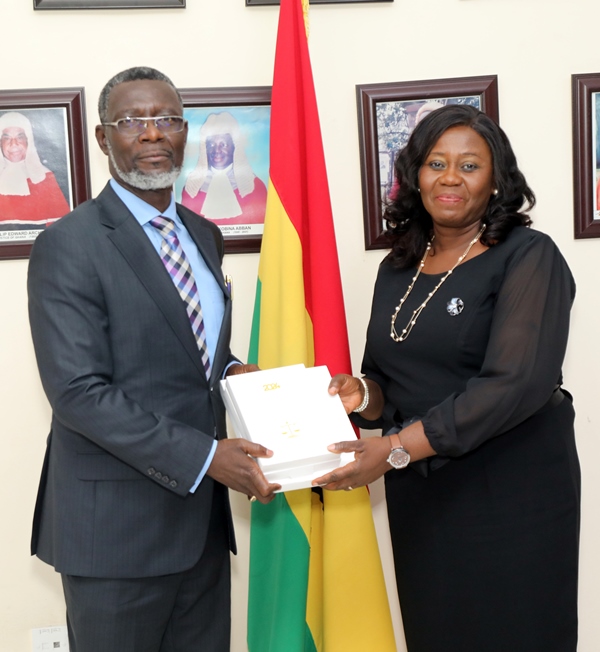
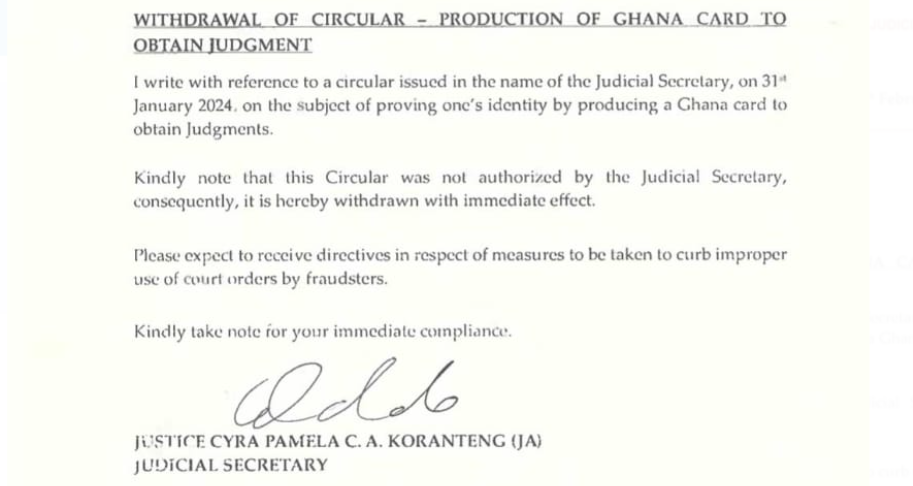
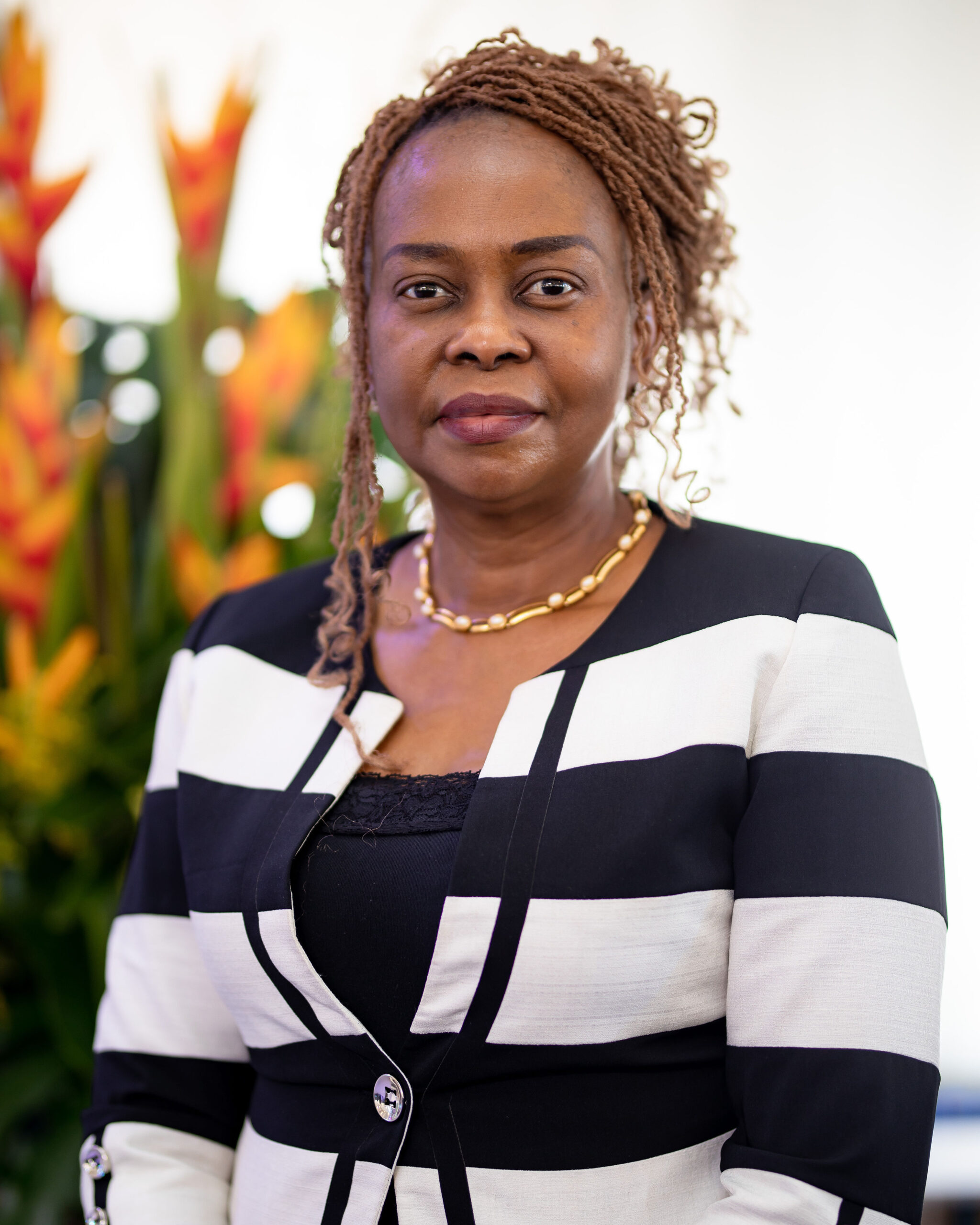


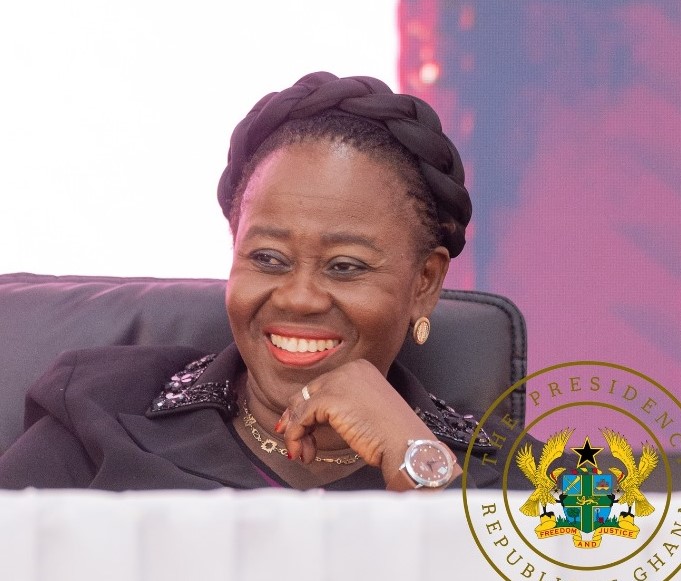


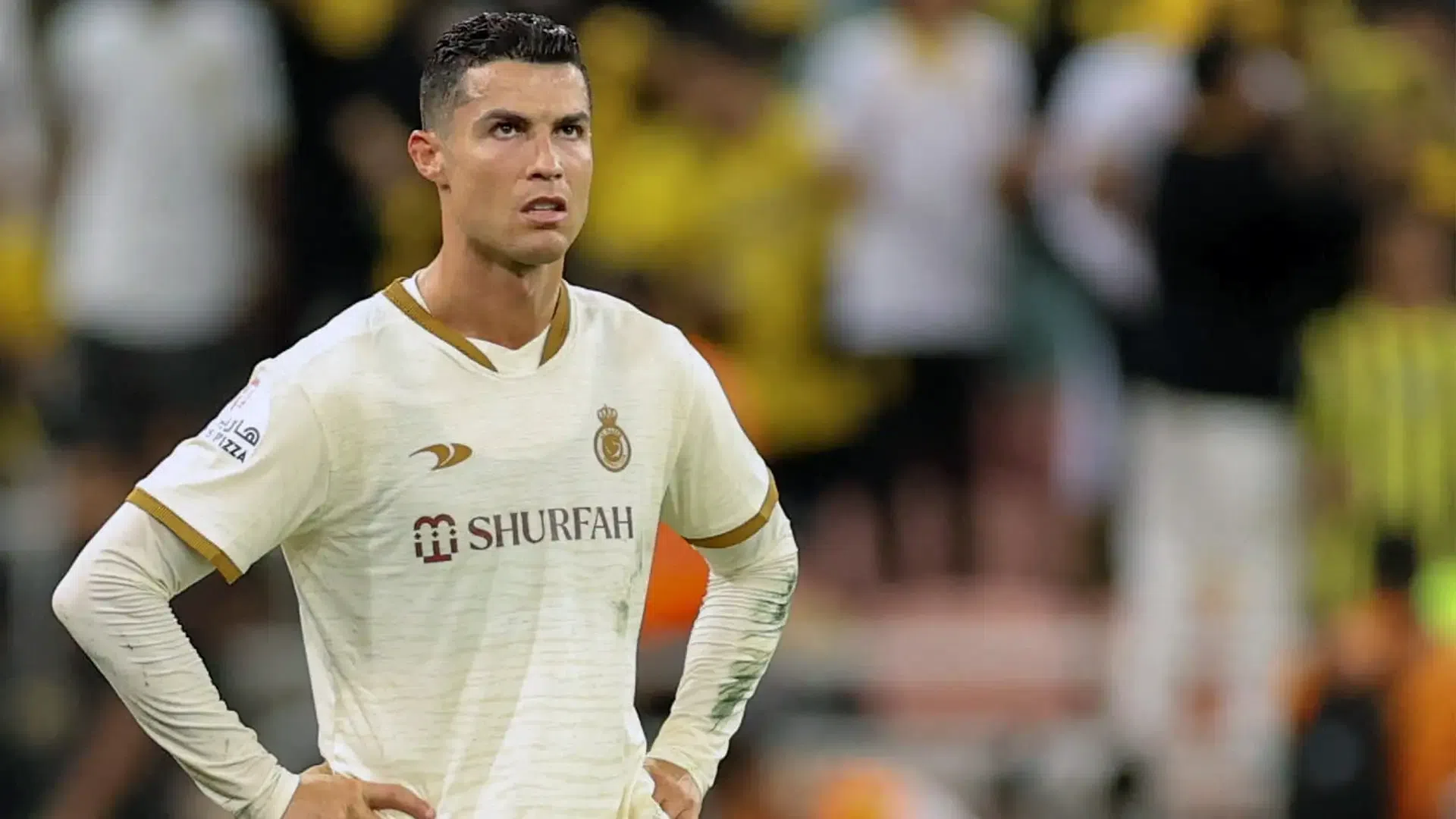

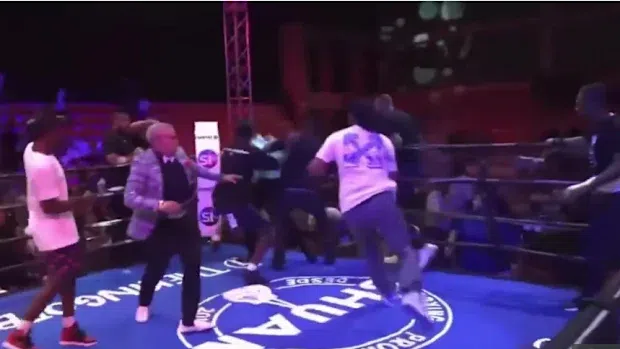


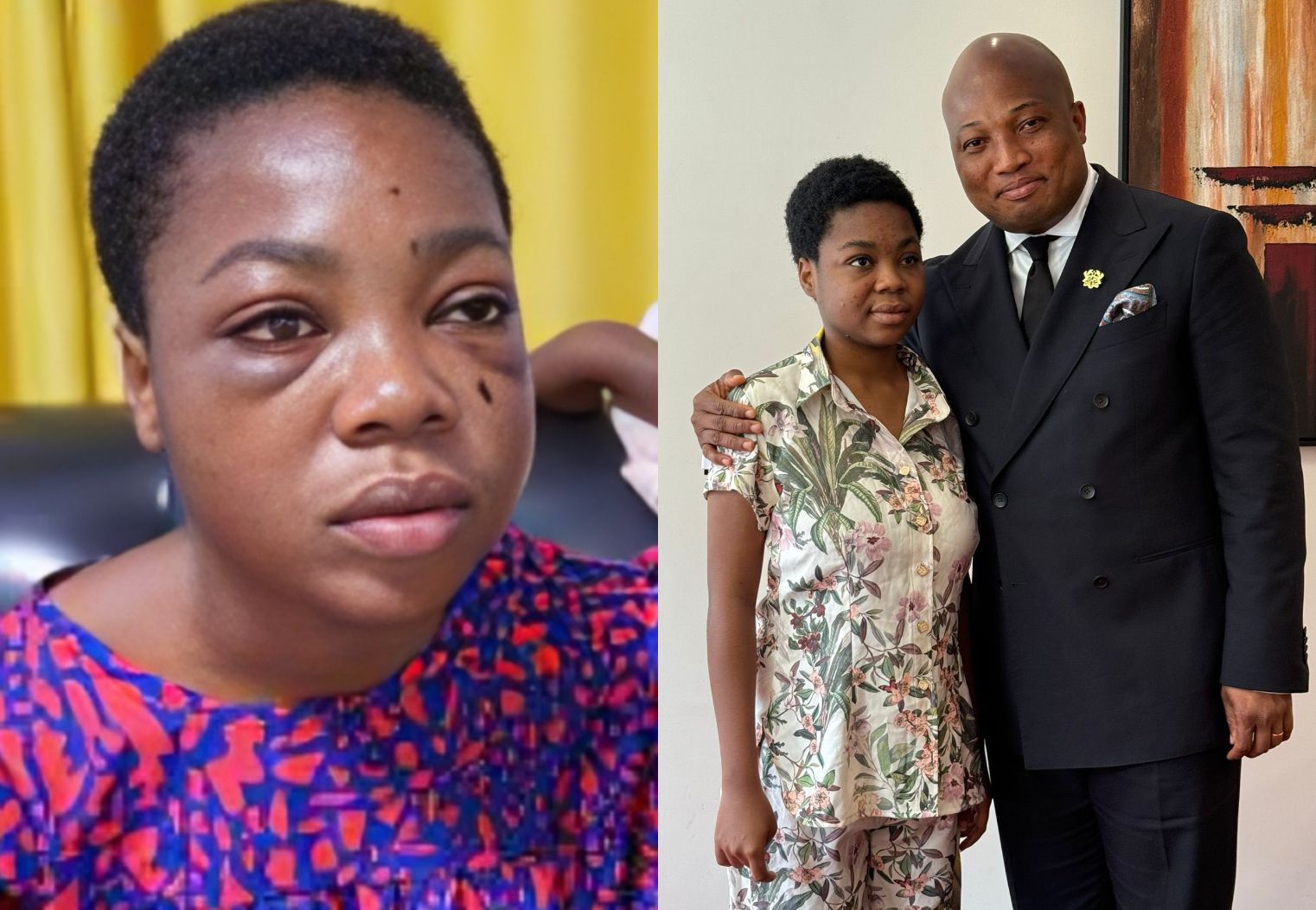

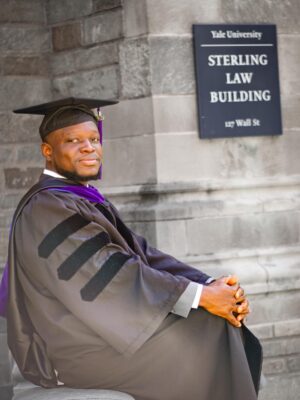


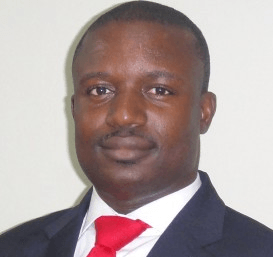
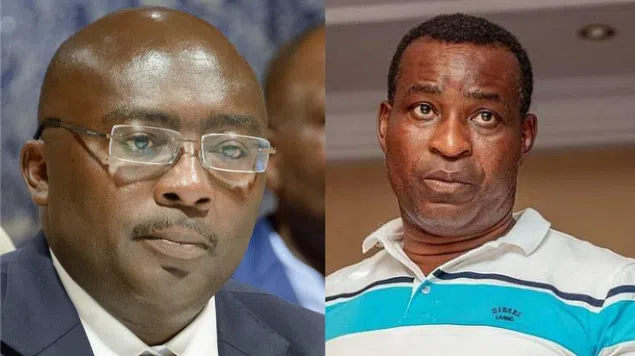
Facebook
Twitter
Pinterest
Instagram
Google+
YouTube
LinkedIn
RSS